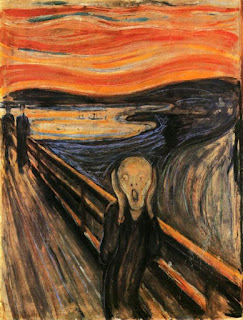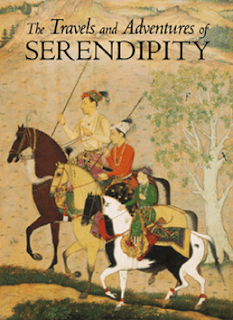The Vocabulary of Fear, e.g. Onomatophobia

Test your knowledge of a variety of - phobias with the words on this list. In order to reverse the problem (to love or like it), it is usually sufficient to switch the suffix to -philia . Somniphobia - fear of sleeping because you may never wake up Onomatophobia - fear of the sound of words Logophobia - fear of the sound of words Omfalophobia - fear of touching the navel Consecotaleophobia - the fear of chopsticks Ergophobia - fear of work / workplace Metrophobia - fear of poetry Hexakosioihexekontahexaphobia - fear of 666. Wikipedia reports: "A prominent example is Nancy and Ronald Reagan who, in 1979, when moving to their home in the Bel-Air section of Los Angeles , had its address—666 St. Cloud Road—changed to 668 St. Cloud Road." Ephebiphobia - fear of teenagers / younger generation Eisoptrophobia - fear of mirrors (seven years of bad luck) Phobophobia - the fear of fear itself. Chromophobia - fear of colours. Include...








